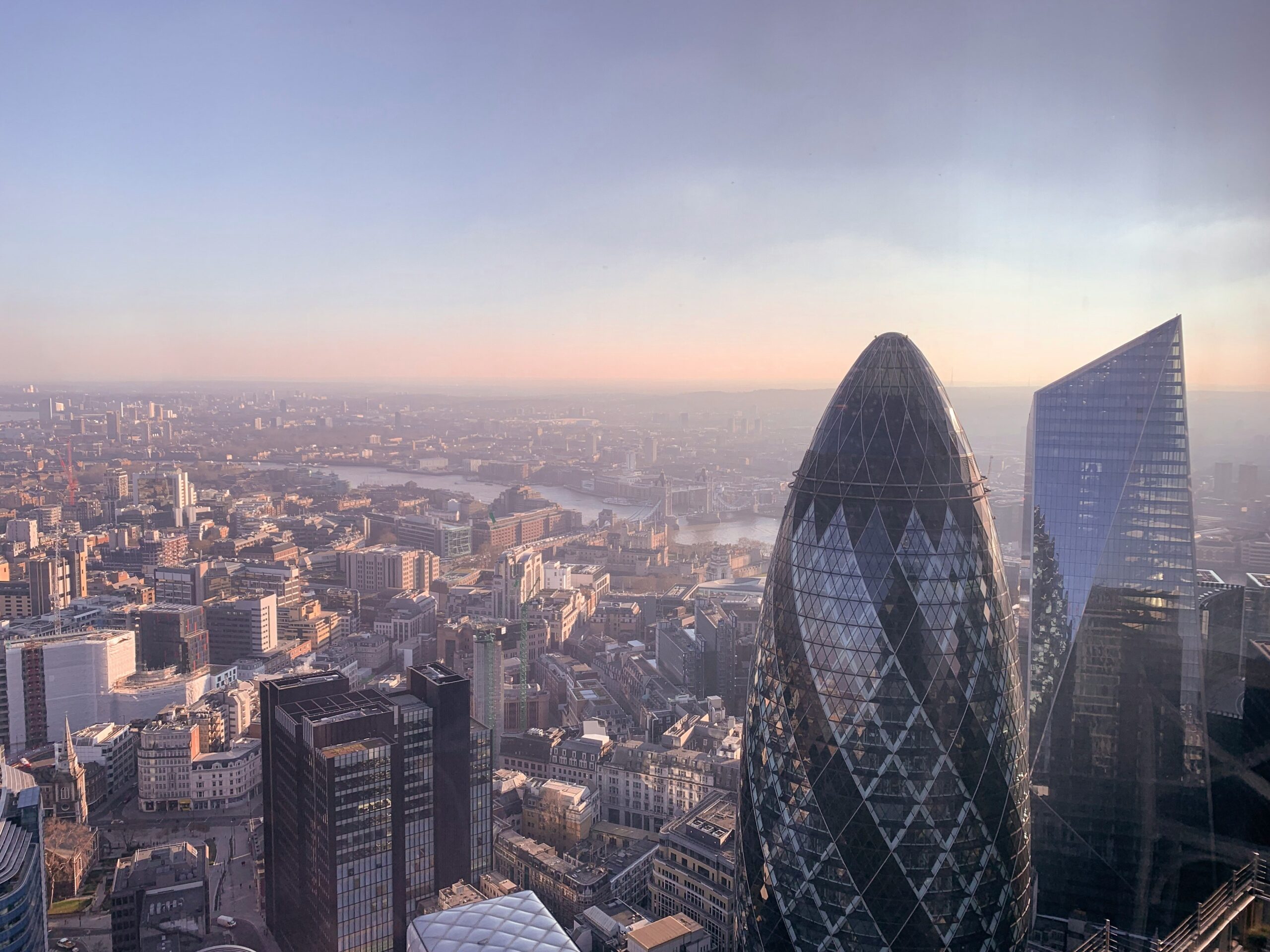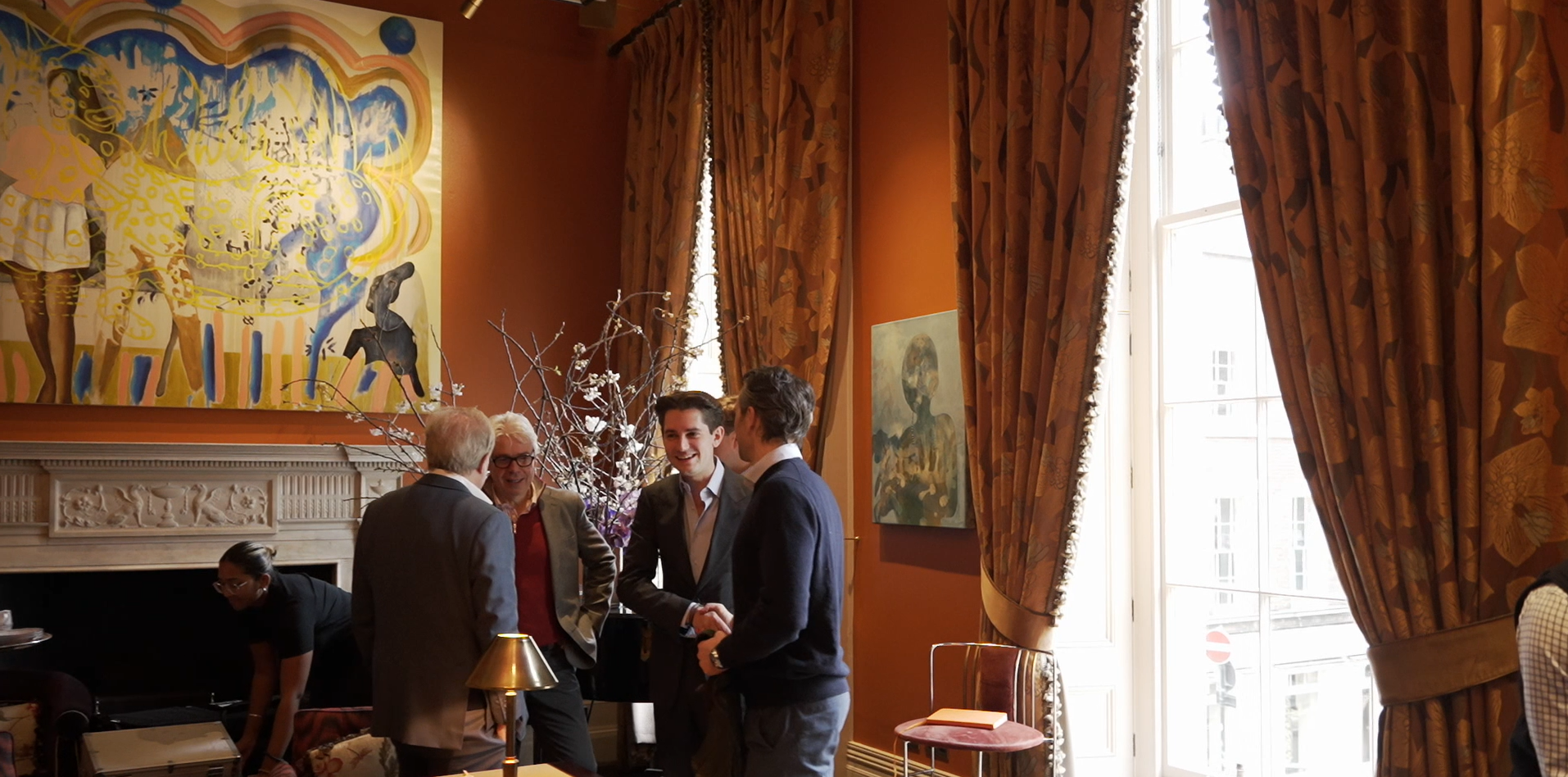
London Property Industry Not Fearful of A Labour Government
The Prime and London property market are not scared of Keir Starmer, it seems.
Instead, there is great optimism for 2024 and beyond with widespread belief that interest rates have already peaked and, regardless of upcoming election results, property transactions and prices will continue on their current upward trajectory. So was revealed during a unique gathering of London and Prime London property industry leaders brought together to debate topical issues, by Century Capital’s CEO Paul Munford on Thursday 28th February. The room included estate agents, mortgage brokers and property lenders.
It was standing room only for the discussion, chaired by Proper PR’s Russell Quirk at The Arts Club in Mayfair, and debate was ignited around four key issues surrounding the property market in the coming year:
- The likely consequences of a Labour government
- The outlook for interest rates
- Current market activity
- 2024 house prices
Appearing on the panel to discuss these issues were William Lloyd-Hayward, COO of Sirius Finance; Rupert Collingwood from The London Broker; and Luke Navin, Head of Lending at Century Capital.
The day commenced with an introductory message from Quirk, in which he outlined the resilience of the UK market to date.
“We were told that house prices would crash in 2023. We were told that Armageddon was upon us. They were prophesying doom. But we can now look back at a difficult economic year and see that there was no crash, prices barely moved and, in many areas, they actually increased. There is now broad consensus that we escaped 2023 largely unscathed. But what’s going to happen in 2024?”
A Labour government
The first question put to the esteemed panel was one of politics: how do we think a Labour government, fronted by Keir Starmer, will impact the housing market in London and the UK?
The panel answered with broad agreement that there is little to separate the economic or housing plans of the Conservatives and Labour.
Luke Navin summed up the issue when he said:
“People overstate the impact that government has on the property market. Whichever party wins the election, we are not going to see anything revolutionary because the two are singing from near-identical hymn sheets.
“We may well see a bounce in market activity and transactions in the build-up to the election as people get excited about potential change, but nothing of note will happen once the results are in.
“I think the only way that Labour could really make a huge difference in house building, for example, is if they are brave enough to introduce tax breaks and incentives to get housebuilders building.”
Rupert Collingwood of The London Broker mirrored Navin’s comments when he said:
“Voters are being presented with Sophie’s Choice. But what’s really important is that we maintain stability in the London market. Investors from here and overseas need to see a city that is stable and reliable. Our politicians need to do everything they can to ensure that this perception of the UK remains intact, because for the past few years, it has been under threat.”
Elsewhere on the panel, it was pointed out that the small differentiators which do exist between the two political parties could make a significant impact, best highlighted by William Lloyd-Hayward of Sirius Finance.
“Starmer’s pro stance on green belt development is an important one. We desperately need to kick back against the nimbyism that has been allowed to strangle development for so long. If just 1% of existing green belt land is built on each year, it’s enough to deliver 100,000 homes.”
Lloyd-Hayward went on to discuss the imminent London Mayoral elections and how that result will have a huge impact on the capital.
“We are going to see Sadiq Khan win another term. And with Labour ruling London and Labour ruling central government, the result will be an avalanche of money coming into the capital to address the housing crisis.”
What impact are interest rates going to have on the 2024 housing market?
When asked what will happen to interest rates in 2024, Luke Navin provided a concise answer:
“It’s impossible for them to go anywhere but down, although I think it will be a slow decline and that our government will, as it so often does, take its lead from the US.”
While there is agreement that rates can only fall, it’s also understood that the days of 0% are firmly behind us.
Collingwood said “after a decade of historically low rates, people need to get used to the fact that we now live somewhere between 4%-5%”; and Lloyd-Haywood echoed this sentiment when saying “people should be aware that 1%-2% interest rates simply aren’t real”.
Meanwhile, Navin called 0% interest “dangerous” while also pointing out that the banks are unlikely to introduce any kind of significant drop until the date of a general election is announced.
Market activity: transactions and house prices
All three members of the panel agree that 2024 has seen an uptick in transactions and general market activity, although Collingwood caveated this by calling the increase “muted”, suggesting that many potential buyers are currently tire kicking, iterating a hope that interest will soon start converting into sales.
Lloyd-Haywood agreed that activity is buoyant but clients are taking longer to make decisions, while Navin said that transactions for Century Capital are very much up on last year with the gap between seller and buyer expectations narrowing.
As for house prices. Lloyd-Hayward believes that they are stable across the UK and already up by 2%-3% in the capital.
Collingwood described today’s prices as “relatively flat” across the board with some exceptions in certain London markets where prices are already up around 3% on 2023.
But it was Luke Navin’s analysis of the London market that left a lasting impression on the gathered crowd.
“Prices have been stagnant in London for some time. And the same can be said for the UK as a whole. Meanwhile, other major investment cities have seen prices climb. This means that London currently looks relatively good value to investors, especially from overseas. Given that London is seen as a safe place to park money, this apparent affordability is certainly going to drive investment into our market through 2024 and beyond.”

Paul Munford, CEO and Founder of Century Capital, said:
“It’s delightful to see so many industry colleagues in the same room, and I’m proud to have brought them all together. It’s been a true meeting of minds and the insights that we’ve all been privy to today are going to be invaluable as we head deeper into 2024 and beyond.”
©2023 Copyright Century Capital. All Rights Reserved.

